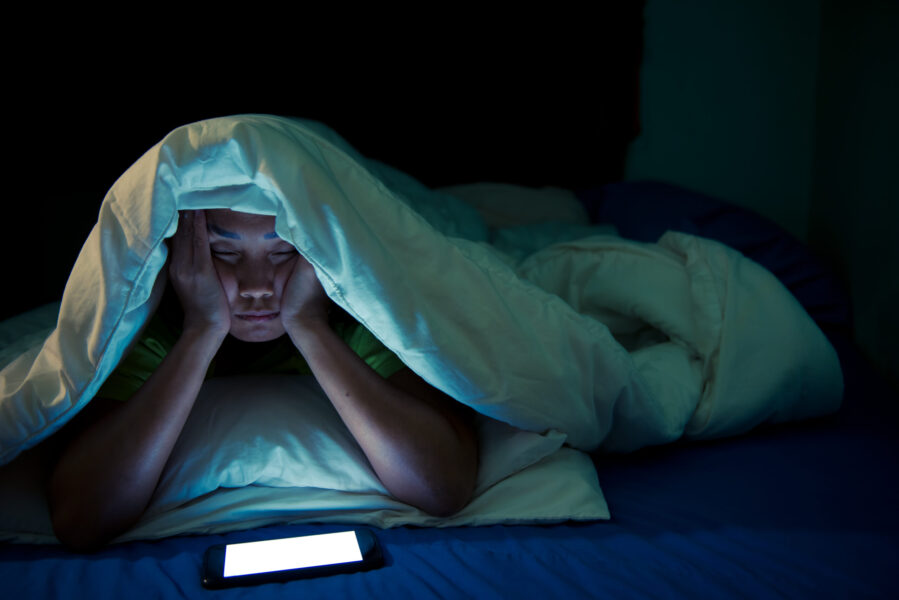It’s late; you finished all your homework, and you’re tired. You know you have a lecture in the morning, and while most of you wants to sleep, a small part of your brain tells you to pick up your phone and start scrolling on TikTok or watch Netflix. Before you know it, there are just three hours left to sleep before the next tiring day.
You are not alone in this habit, and about 58% of college students say that they are often tired and stressed. Schedules and deadlines dictate their lives, and this constant pressure leaves a lot of students feeling as if they lack control over their time. Students already get a limited amount of sleep, an average of about 6-7 hours, but on top of that, a phenomenon called Revenge Bedtime Procrastination occurs.
This is a fairly new concept publicized by a study from Utrecht University. The study defines it as the failure to sleep at the time you had planned even when there is no other reason to avoid sleep. A lack of sleep affects the immune system, academic performance, and so much more. So, why would people deliberately hurt themselves?
The reason is simple: a need for personal time. Especially with remote learning and work, in which the barrier between school/work and home life has been severely blurred, people become desperate enough to reclaim their “me time” that they will cut into their sleep schedule to get it. This then magnifies the adverse effects of sleep deprivation and stress in a vicious cycle.
With demanding schedules as well as a 24/7 stream of digital entertainment, Revenge Bedtime Procrastination is difficult to avoid. But there are a few things you can do. First, you can schedule personal time throughout the day so that you won’t want to sacrifice your sleep and health for it later. Also, until in-person learning is able to resume, more effectively recreating a work environment can uphold the distinction between time doing work and time relaxing while at home. For instance, this can include using a desk (not a bed) for work, dressing for class, and adjusting the lighting or temperature of your work area to be different from your relaxing area.
Knowing that you are not alone in having this habit and understanding the reasons for it can help you take better control of your habits and create more healthy routines for the future.
Featured Image Source: © reewungjuner /Adobe Stock










